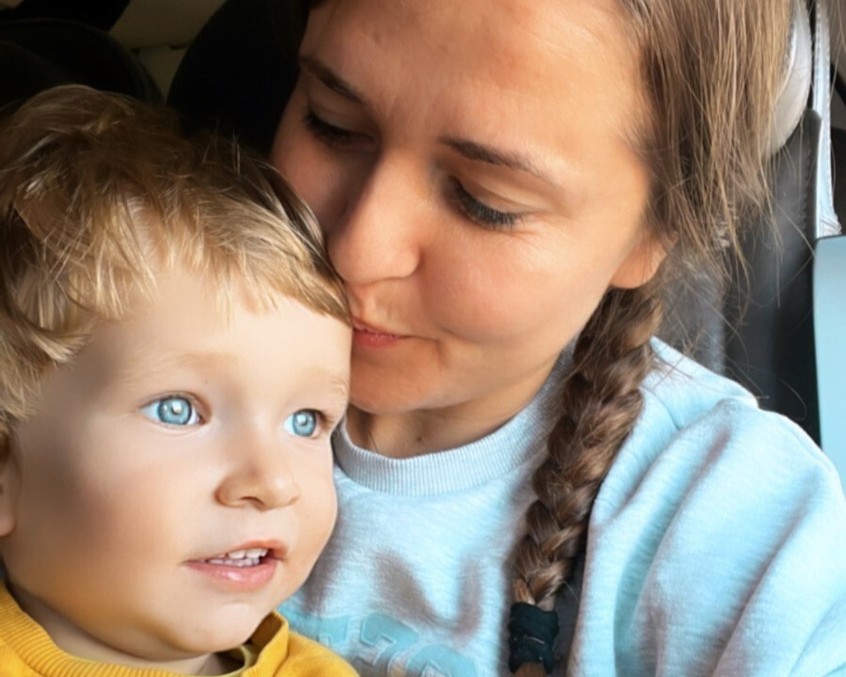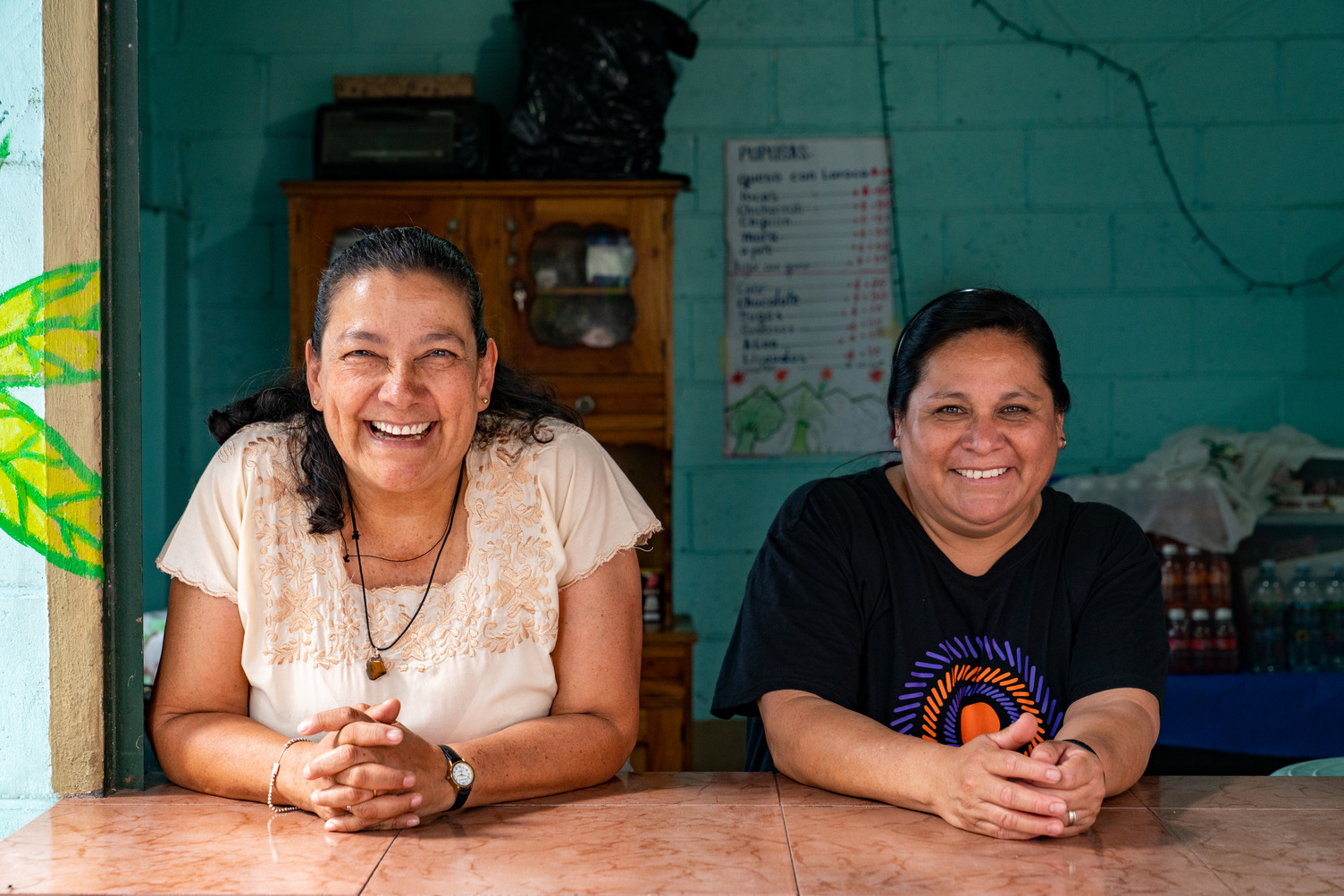Our approach is rooted in co-creation and human-centered design, ensuring that everyone involved has a voice in shaping the project. We'll be working closely with new arrivals, diaspora community members, and naturalized citizens.
We'll also be conducting rigorous evaluations to measure the impact of these interventions on social determinants of health, education, workforce participation, and perceptions of belonging. By partnering with experts in social and political science, we're confident that we can refine and scale these interventions to build resilience in individuals as well as in entire communities and systems.
This commitment builds on the successes of our previous projects, including sponsorship programs with Welcome Corps, support for Afghan families, and community-building events for Afghan women and children. Now, we are shifting our focus to two key groups: Spanish-speaking asylum seekers and humanitarian parolees entering through the southern border, as well as long-time U.S. residents who hold negative views on immigration. We'll also continue working with Afghan, Ukrainian, and East African communities, as well as residents with more neutral or favorable views on immigration. By engaging with a diverse range of perspectives, we aim to broaden our impact and contribute to a more cohesive society.
Since Alight started offering services to displaced communities in the United States in 2021, we have been dedicated to running intergroup-contact interventions. Alight's Commitment to Action "Bridging Divides: From Fear to Solidarity through Cross-Cultural Integration" represents an enhancement of those efforts, adding rigor, evidence, and collaboration to ensure success and scalability. We're excited to see the impact this initiative will have and are intent on making communities across America more inclusive, connected, and resilient for years to come.











